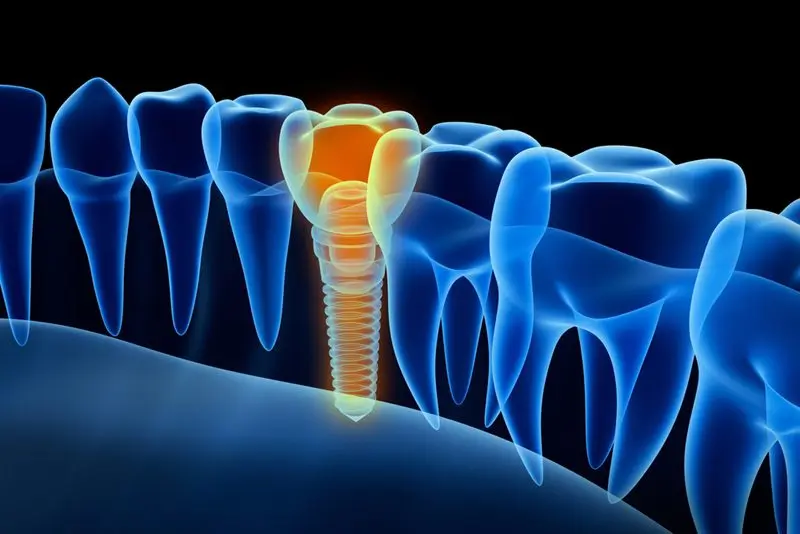If you're a woman who is pregnant, you may be struggling to find the time to fit everything into your all-too busy schedule. Between buying baby clothes, attending doctor's appointments and a host of other commitments, preparing for the arrival of your bundle of joy is a job unto itself – never mind the daily stresses involved at your actual place of employment. As a result, oral health exams often get put on the back burner.
As several studies over the years have shown, pregnant women typically visit the dentist less when they're expecting. There are a host of reasons why that's the case, including mothers believing they may be putting their child's health in jeopardy by exposing them to potential dangers, such as radiation from x-rays.
Nothing could be further from the truth.
The New Zealand Dental Association, Australia Dental Association and American Dental Association are just a handful of respected organisations that confirm X-rays are 100% safe during pregnancy. Aside from the fact that the amount of radiation used in these procedures is small, the beams from dental X-ray equipment aren't directed over the body's reproductive organs. Furthermore, your hygienist covers you in what might best be described as an apron – a rather heavy one, at that – that contains high-grade leaded material that further protects your torso from radiation exposure.

Why you might need a dental X-ray
The point may be moot because dental examinations don't always require that an X-ray be performed. However, they're sometimes necessary to detect potential health problems that the naked eye can't see.
When a bone is broken or fractured, you can't know for sure unless you see from the inside. Sure, there may be certain clues, but the X-ray provides certainty. The same standard holds true for certain oral health complications like gum disease or tooth decay. Your dentist may spot manifestations of decay, but the X-ray provides corroboration and can also pinpoint whether decay has spread to other areas of the mouth.
Bacterial growth during pregnancy
Regardless of age, always prioritise your oral health, especially when you're expecting. That's because the body goes through a roller coaster ride of hormonal changes. For example, women's progesterone levels can be 10 times higher than normal. The increased production of this hormone enhances bacteria growth, which can raise the risk of gingivitis. Regular brushing and flossing can reduce the chances of developing periodontitis, a more advanced form of gum disease that can lead to bone or tooth loss and is a prime risk factor for the development of lung and heart disease.
Another potential oral health concern is pregnancy granuloma. Typically forming in the latter stages of the first trimester, pregnancy granulomas form on the gum line, usually between the teeth. They're typically noticeable, having a rather bulbous look to them but starting out small. The body's increased production of bacteria makes pregnant women more at risk for this non-cancerous growth, which a specialist may need to remove. However, granulomas may also regress on their own, especially if one forms in the latter stages of pregnancy.
An X-ray may be able to detect classic indications of a granuloma. Symptoms may include soreness, excessive redness and/or bleeding at the gum line.
In short, as busy as you may be during pregnancy, your oral health receives added importance. Schedule a checkup at City Dentists, and check another item off your to-do list.
